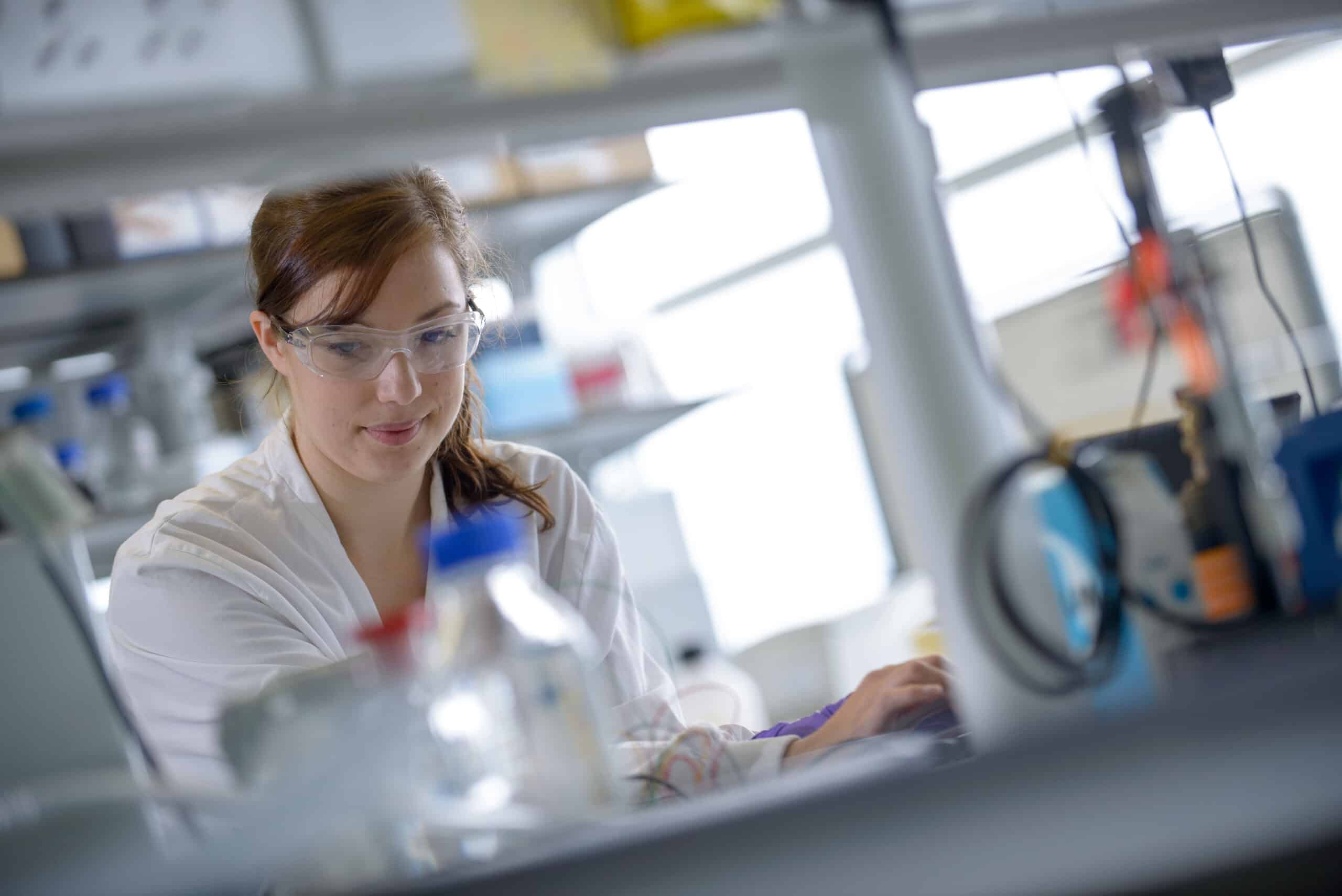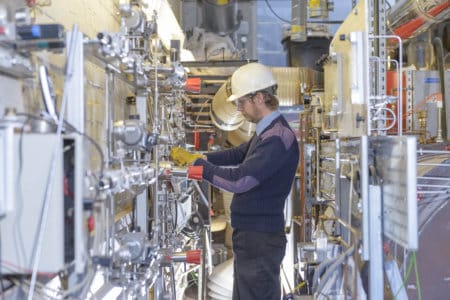The 2030 Agenda for Sustainable Development was formed to combat climate change and reduce our ecological impact. It is a guiding framework for promoting peace, prosperity, and sustainability for people and the planet. The agenda consists of 17 Sustainable Development Goals (SDGs), which were developed based on extensive work by the UN Department of Economic and Social Affairs and member countries. These goals encompass various areas such as poverty eradication, hunger, health, education, gender equality, water and sanitation, affordable and clean energy, and reduced inequalities, among others.
The chief executive and vice-chancellor of Cranfield University, Professor Karen Holford CBE FREng, signed the Sustainable Development Goals (SDG) Accord in 2022, reiterating the institution’s ongoing commitment to sustainability and environmental responsibility.
“Universities have a crucial role in helping to address some of the most pressing issues facing our world today,” she says. “Signing the SDG Accord makes clear Cranfield’s ongoing focus on bringing academic expertise, industry insight and new technological developments to government, business and wider society. And our teaching also has a huge impact — we are committed to delivering education around sustainability across our curriculum in a powerful and relevant way for all students.”
Ranked among the global top 40 for support to critical UN Sustainability Goals, Cranfield aims to nurture a range of professionals who will approach their roles with sustainability in mind.
The School of Water, Energy and Environment’s varied MScs tackle significant areas in the fight for a more sustainable planet, and they are widely recognised for their commitment to these important initiatives.

In the QS World University Rankings by Subject 2023, Cranfield University is ranked in the global top 30 for Engineering – Mechanical, Aeronautical & Manufacturing. Source: Cranfield University
Ranked in the UK top five for mechanical engineering, the Advanced Mechanical Engineering MSc is an ideal masters for engineering, physics or mathematics graduates wishing to develop a successful mechanical engineering career in industry, government or research. It explores state-of-the-art mechanical engineering methods in near industrial scale facilities.
Meanwhile, the Environmental Engineering MSc, which is accredited by CIWEM, CIWM, and IAgrE, equips learners with the knowledge and skills required to solve a wide range of environmental engineering challenges, such as municipal and toxic waste management and disposal, process emissions, contaminated land and water, waste disposal, energy and resource recovery.
Those more interested in food security and sustainability — both of which are clearly highlighted in the SDGs — should go for the Future Food Sustainability MSc. The MSc looks at making food systems more resilient and sustainable while ensuring the supply of safe and nutritious food for everyone. It is also the first of its kind in the UK to give students a balanced mix of technology, science, strategic foresight and management skills to cultivate successful, impactful careers in the food sector.

Numerous masters in the School of Water, Energy and Environment put sustainability first. Source: Cranfield University
The Advanced Digital Energy Systems MSc prepares learners to thrive in a fast-paced, ever-evolving field. It explores how digital tools and models, such as Artificial Intelligence and Blockchain technology, are used to analyse data from different energy systems and sources and drive new control and operational strategies and business models.
Another energy-based master’s is the Renewable Energy MSc. Designed around solving real-world renewable energy challenges, this MSc enables learners to specialise in developing the latest technical skills required to design renewable energy systems or to focus on managing renewable engineering projects and systems.
If ensuring the availability and quality of water is more your speed, check out the Advanced Water Management MSc, which builds on Cranfield’s 30-year legacy in Environmental Water Management. This masters focuses on providing solutions to the urgent water issues confronting communities and affecting environmental quality. The Water and Wastewater Engineering MSc focuses on transforming water and wastewater services to improve protection for public health, conserve the water environment, combat climate change, and champion a low-carbon future.

The Research Excellence Framework 2021 classified 88% of Cranfield University’s research as world-leading or internationally excellent. Source: Cranfield University
To zero in on water and sanitisation issues immediately affecting both urban and rural areas, choose the Water and Sanitation for Development MSc. This MSc is more focused on protecting public health and improving lives by improving water supply and offering sanitisation services on a more global scale.
There are many reasons why Cranfield is the perfect place to embark on these areas of study. With an outstanding one-to-five staff-to-student ratio, which is one of the best in the UK, it provides an exceptional learning environment. The university’s impressive accomplishments serve as evidence of its excellence, too.
According to the QS World University Rankings by Subject 2023, Cranfield ranks among the top 30 institutions worldwide for engineering disciplines such as mechanical, aeronautical, and manufacturing. Additionally, it secures a position within the global top 150 for Business and Management Studies and the top 200 for Environmental Sciences. The Research Excellence Framework 2021 further highlights the school’s research, with 88% of it classified as world-leading or internationally excellent. Convinced? Click here to apply now.
Follow Cranfield University on Facebook, Twitter, LinkedIn, Instagram and YouTube.













